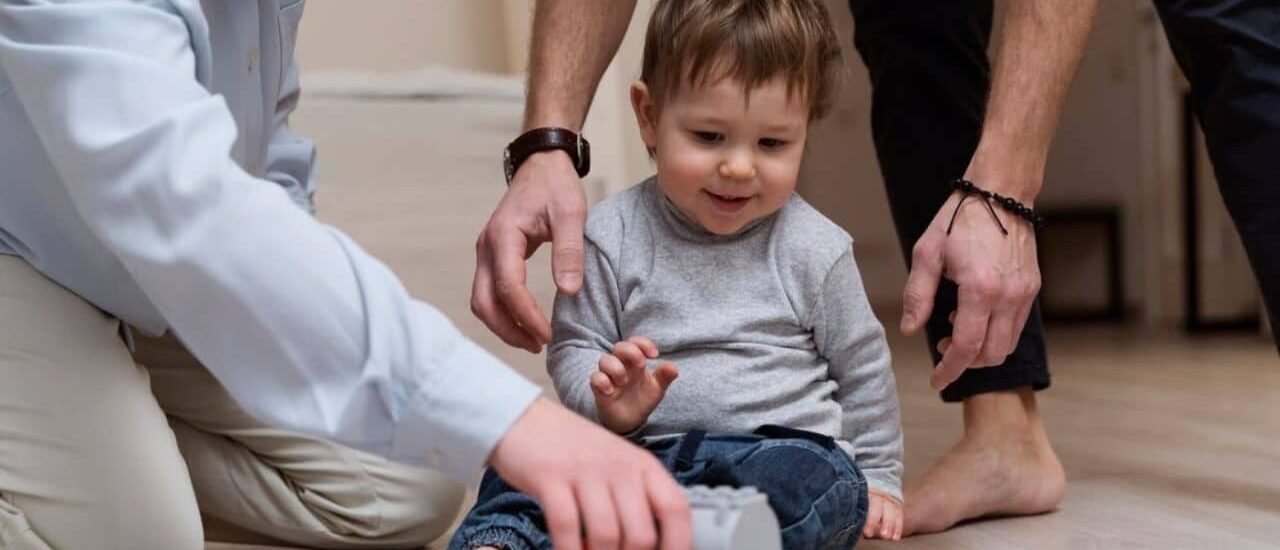Child development psychology is a fascinating field that delves into the intricate journey of growth and transformation in children. Understanding the stages of child development is crucial for parents, caregivers, educators, and anyone working with children. In this blog post, we’ll explore the various stages of child development psychology, highlighting the key characteristics, milestones, and implications of each stage.
1. Infancy (Birth to 2 Years)
Infancy is a period of rapid and remarkable development. During this stage, infants rely heavily on their senses to explore the world. Key features of this stage include:
– Physical Development: Infants experience rapid growth in height and weight. They develop motor skills such as lifting their head, rolling over, crawling, and eventually walking.
– Cognitive Development: Infants begin to make sense of their environment through sensory exploration. They learn object permanence (understanding that objects exist even when out of sight) and start to develop basic problem-solving skills.
– Social and Emotional Development: Attachment to caregivers is central during infancy. Infants form strong emotional bonds with their primary caregivers and express their needs through crying and other nonverbal cues.
2. Early Childhood (2 to 6 Years)
Early childhood is characterized by increased independence, language development, and imaginative play. Key features of this stage include:
– Physical Development: Children continue to grow and refine their motor skills. Fine motor skills like drawing and using utensils become more developed.
– Cognitive Development: Language development takes off, and children start to use words to express themselves. They engage in imaginative play, and their cognitive abilities expand, allowing them to grasp concepts of time and space.
– Social and Emotional Development: Peer interactions become more important. Children start forming friendships, and their understanding of emotions and empathy grows. They also develop a sense of self-identity.
3. Middle Childhood (6 to 11 Years)
Middle childhood is a period of significant cognitive and social development. Key features of this stage include:
– Physical Development: Children’s physical skills continue to improve, and they become more involved in organized sports and activities.
– Cognitive Development: Logical thinking and problem-solving abilities improve. Children become more curious and seek information actively. They also refine their reading, writing, and mathematical skills.
– Social and Emotional Development: Peer relationships become increasingly complex, and children start to develop a sense of belonging within peer groups. They learn about rules, fairness, and cooperation.
4. Adolescence (12 to 18 Years)
Adolescence is marked by the transition from childhood to adulthood. It is a period of significant physical, emotional, and social changes. Key features of this stage include:
– Physical Development: Puberty triggers rapid physical changes, including growth spurts and the development of secondary sexual characteristics.
– Cognitive Development: Abstract thinking and reasoning abilities develop further. Adolescents begin to think critically about their identity, future goals, and societal issues.
– Social and Emotional Development: Peer influence becomes even more pronounced. Adolescents seek autonomy and independence, which can lead to conflicts with authority figures. Emotional intensity and self-exploration are common.
Conclusion Understanding the stages of child development psychology is essential for creating supportive environments and providing appropriate guidance at each phase of a child’s growth. By recognizing the unique characteristics, milestones, and challenges of each stage, parents, caregivers, educators, and professionals can play a vital role in nurturing healthy development and ensuring children’s success as they navigate the intricate journey to adulthood.













